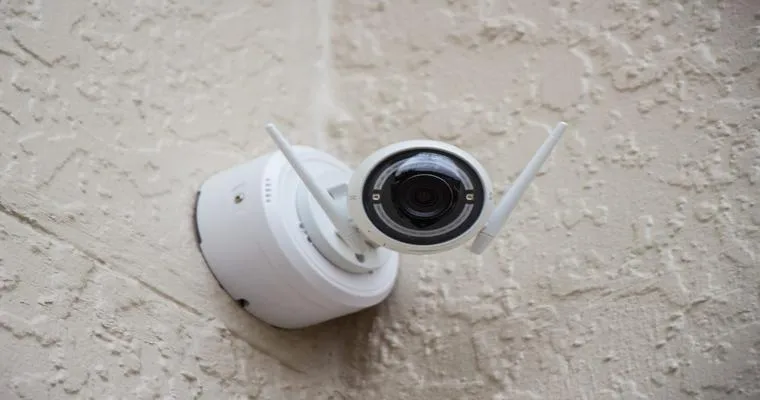Navigating the complexities of "dementia" care can be incredibly challenging, especially when it comes to decisions made by a "public hospital" regarding the release of a patient. If your sister has been diagnosed with dementia, you may wonder whether it is acceptable for the hospital to discharge her to an "empty home" where no one is available to provide care. Understanding the legal and ethical implications of such a situation is crucial for ensuring the safety and well-being of your loved one.
Understanding Dementia and Its Impact
Dementia is a progressive condition that affects cognitive function and daily living abilities. Individuals with dementia often require assistance with basic activities, such as eating, bathing, and medication management. Because of this, the care environment is critical for their health and safety. Public hospitals have a responsibility to ensure that patients are discharged to safe and supportive environments, particularly when it comes to vulnerable populations like those with dementia.
Discharge Policies in Public Hospitals
Public hospitals typically have discharge policies in place that prioritize patient safety. When a patient is ready for discharge, the hospital must evaluate whether the individual can return home safely. This involves assessing the home environment and the availability of caregivers. In most cases, if a patient cannot be safely cared for at home, the hospital should explore alternative options, such as rehabilitation facilities or assisted living arrangements.
Legal Obligations of Hospitals
Hospitals are legally obligated to ensure that patients are discharged to appropriate living conditions. Discharging a patient with dementia to an empty home without any support could be seen as neglectful and may violate legal standards for patient care. If a hospital is considering such a discharge, they should conduct a thorough assessment of the patient's needs and the safety of the home environment.
Exploring Alternatives
If you find yourself facing the possibility of your sister being discharged to an empty home, it is essential to advocate for her needs. Speak with the hospital's discharge planner or social worker to explore alternative care options. These may include:
1. "In-Home Care Services": Hiring a caregiver to assist your sister at home can ensure she receives the necessary support.
2. "Adult Day Care Programs": These programs provide social interaction and care during the day while allowing individuals to return home in the evening.
3. "Assisted Living Facilities": If a home environment is not suitable, consider placing your sister in a facility that specializes in dementia care.
Communicating with Hospital Staff
Open communication with hospital staff is vital. Express your concerns about your sister's discharge and the potential risks associated with returning to an empty home. Be sure to ask questions about the hospital's policies and what resources are available for patients with dementia. By advocating for your sister, you can help ensure that her discharge plan prioritizes her safety and well-being.
Conclusion
The question of whether a public hospital can release your sister, who has dementia, to an empty home is complex and requires careful consideration of her needs and circumstances. While hospitals have discharge policies in place, they must also adhere to legal obligations to protect vulnerable patients. By engaging with hospital staff and exploring alternative care options, you can advocate for the best possible outcome for your sister, ensuring she receives the care and support she deserves.





